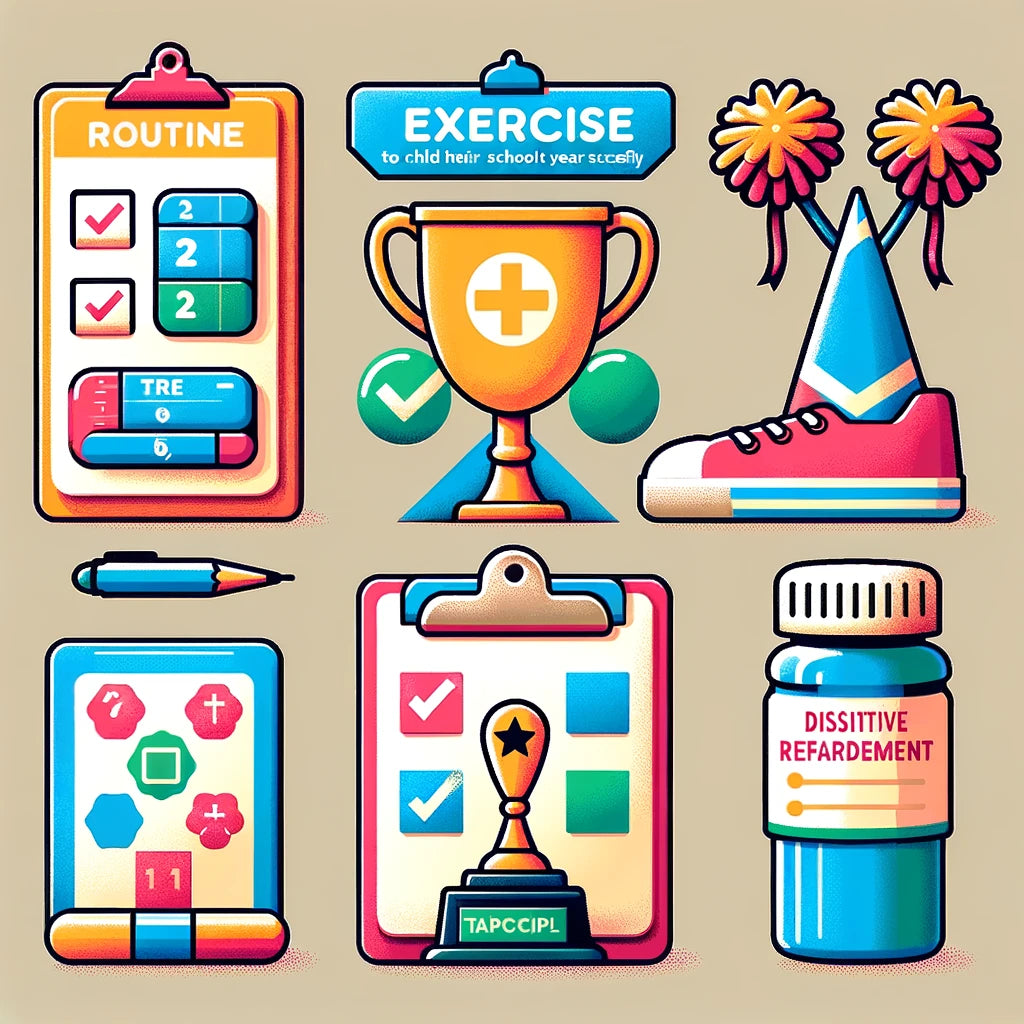Breaking Myths: ADHD Meds & Learning
Buckle up, folks, because we're about to dive into a groundbreaking study that's turning heads and challenging what we thought we knew about ADHD meds. For years, we've believed these little pills were the golden ticket to learning success for kids with ADHD. But guess what? The reality might be a whole different story.
ADHD in the Classroom: A National Puzzle
Picture this: 10 percent of kids in the U.S. are navigating the tricky waters of ADHD. And a whopping 90 percent of them are reaching for stimulant meds, all in the hopes of acing their academics. But are these meds really the superheroes we've made them out to be?
William E. Pelham, Jr. Cracks the Code
Enter William E. Pelham, Jr., the brainy director at the Center for Children and Families, who's about to shake up our belief system. His study throws a curveball – meds might help kids stay in their seats, but when it comes to actually soaking up knowledge? Not so much.
The Summer Study That Changes Everything
Here's the setup: 173 kids with ADHD, a summer camp-like program, and a ton of learning in science, social studies, and vocab. These kids switched between real meds and placebo during their lessons. The catch? Their learning didn't really change, whether they were on meds or not.
Meds Help Behavior, Not Brains
While these meds didn't boost learning, they did help kids behave better in class. We're talking about fewer rule breaks and more math problems solved. But when it comes to test day? The improvement was tiny – like, a couple of percentage points tiny.
ADHD: A Bigger Educational Challenge
Kids with ADHD already face a steep uphill battle in school – more off-task behavior, lower grades, and a higher chance of dropping out. Poor academic performance can trail them into adulthood, leading to bigger life challenges.
Pelham's Verdict: Behavioral Therapy First
Pelham, a veteran in ADHD research, has found that behavioral therapy trumps meds. It's about teaching kids, teachers, and parents the skills and strategies for long-term success. And the Society for Developmental and Behavioral Pediatrics (SDBP) agrees – behavior interventions should be the first line of attack.
A Toolkit for Success: Beyond Medication
So, what's the real deal for helping these kids? Think parent training, classroom management strategies like daily report cards, and academic supports like 504 plans and IEPs. It's about meaningful, long-term improvement, not just a quick fix.
Future Research: Classroom Realities
Hold on, there's a twist. This study was in a summer school setting. What happens in the real, everyday classroom? That's the next chapter the researchers want to explore – how do these meds fare in the wild world of a regular school year?
Published and Funded: The Science Behind the Study
Curious about the nitty-gritty? This eye-opener of a study was published in the Journal of Consulting and Clinical Psychology, funded by the National Institute on Mental Health.
So there you have it – a study that's turning the tables on what we thought we knew about ADHD meds and learning. It's a call to rethink, reevaluate, and refocus on what really helps these kids thrive in the classroom and beyond. Ready to join the conversation?
Researched Back Sources:
https://psycnet.apa.org/doiLanding?doi=10.1037%2Fccp0000725
https://sdbp.org/adhd-guideline/cag-guidelines/
https://sdbp.org/
https://pubmed.ncbi.nlm.nih.gov/26882332/
https://ccf.fiu.edu/summer-programs/summer-treatment-program/
https://case.fiu.edu/about/directory/profiles/pelham-william.html






Leave a comment
This site is protected by hCaptcha and the hCaptcha Privacy Policy and Terms of Service apply.